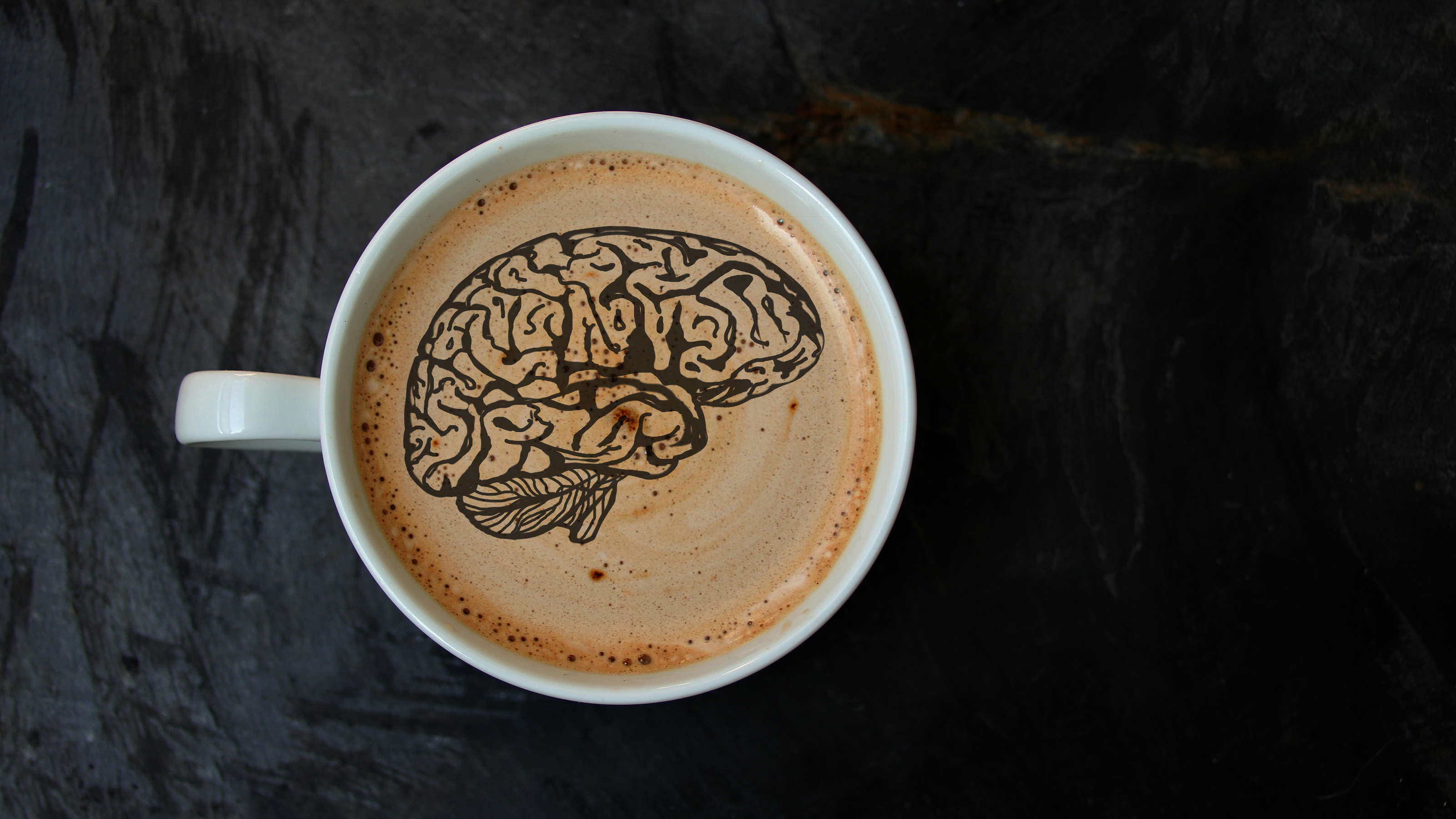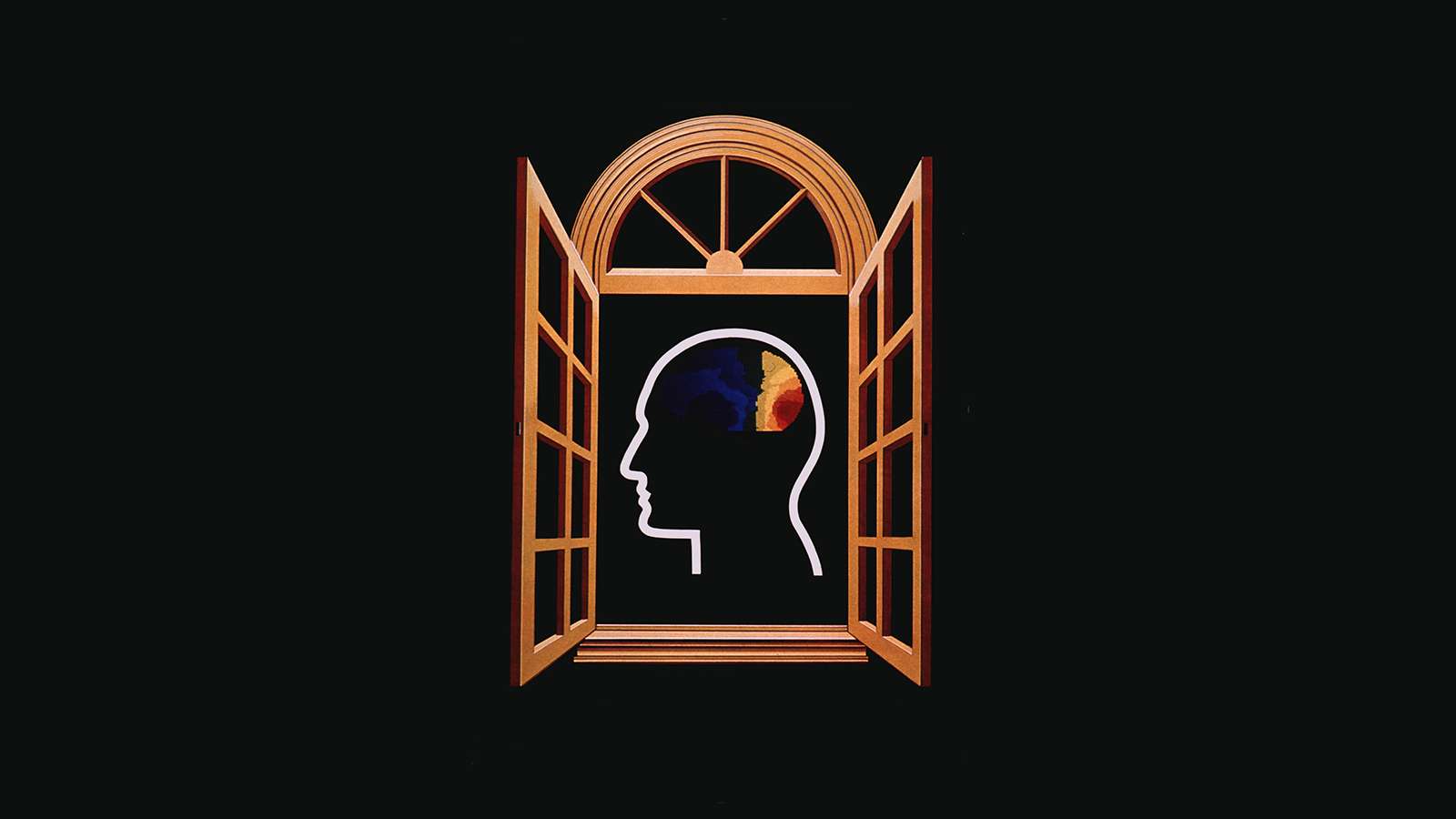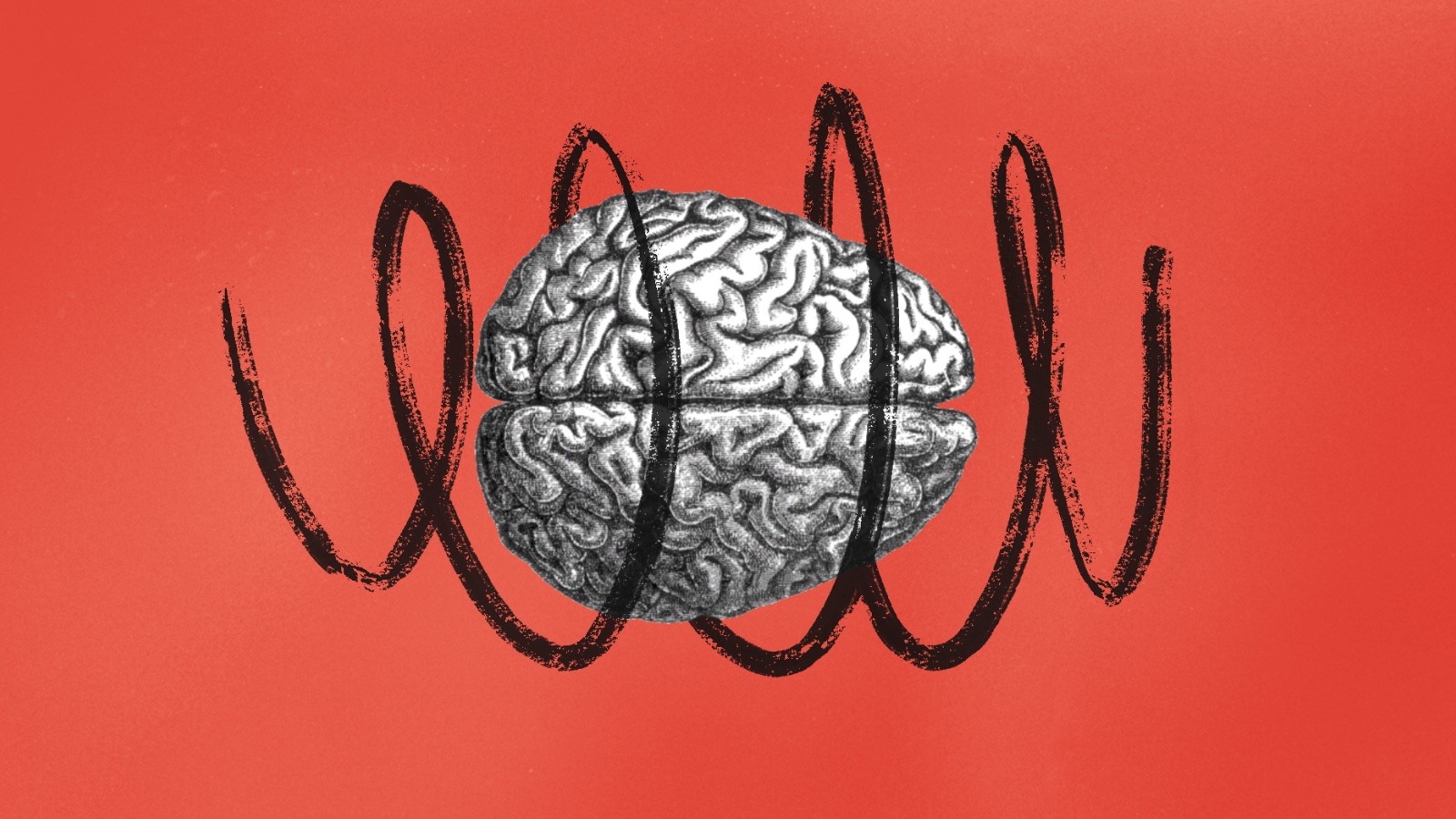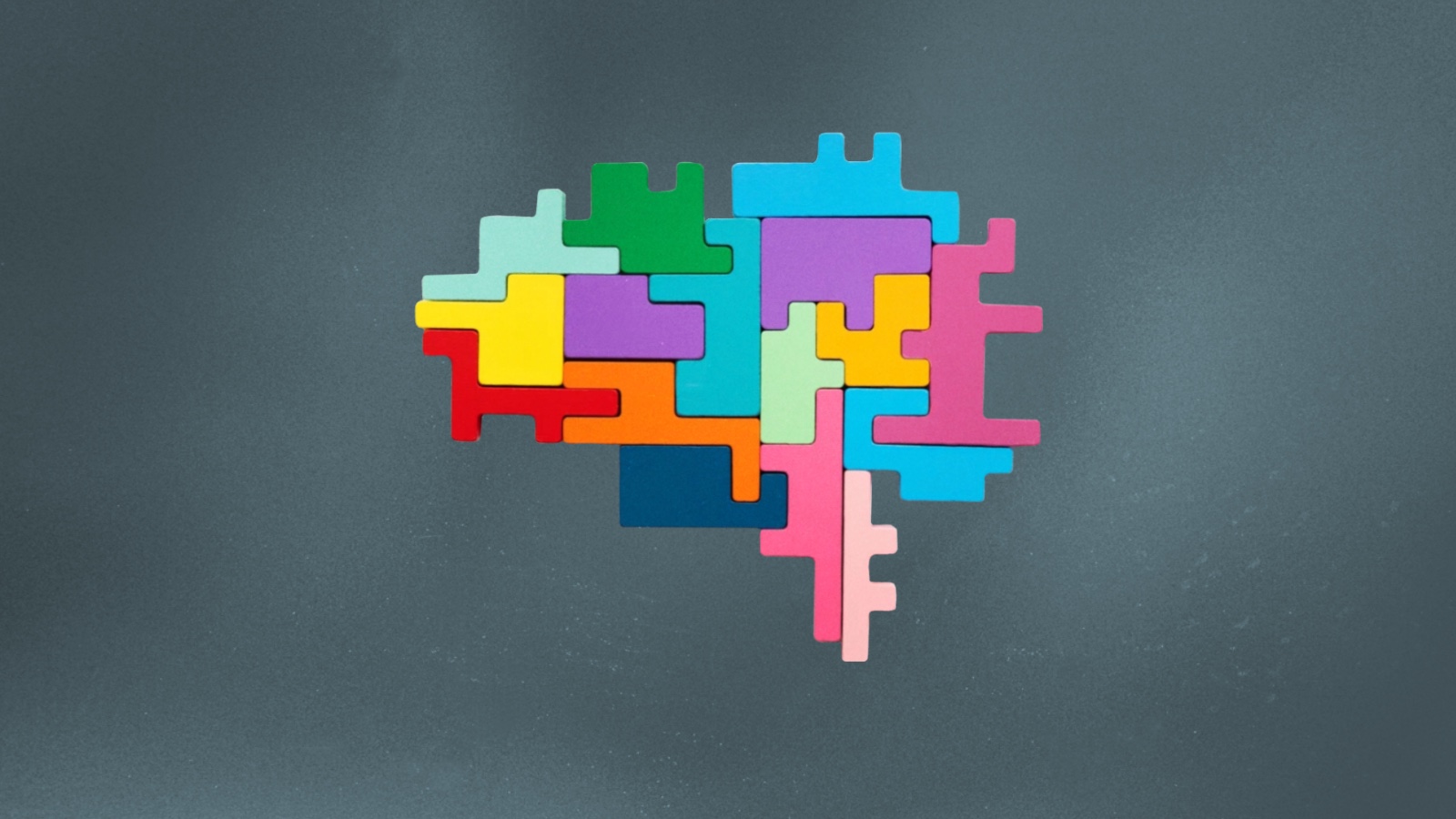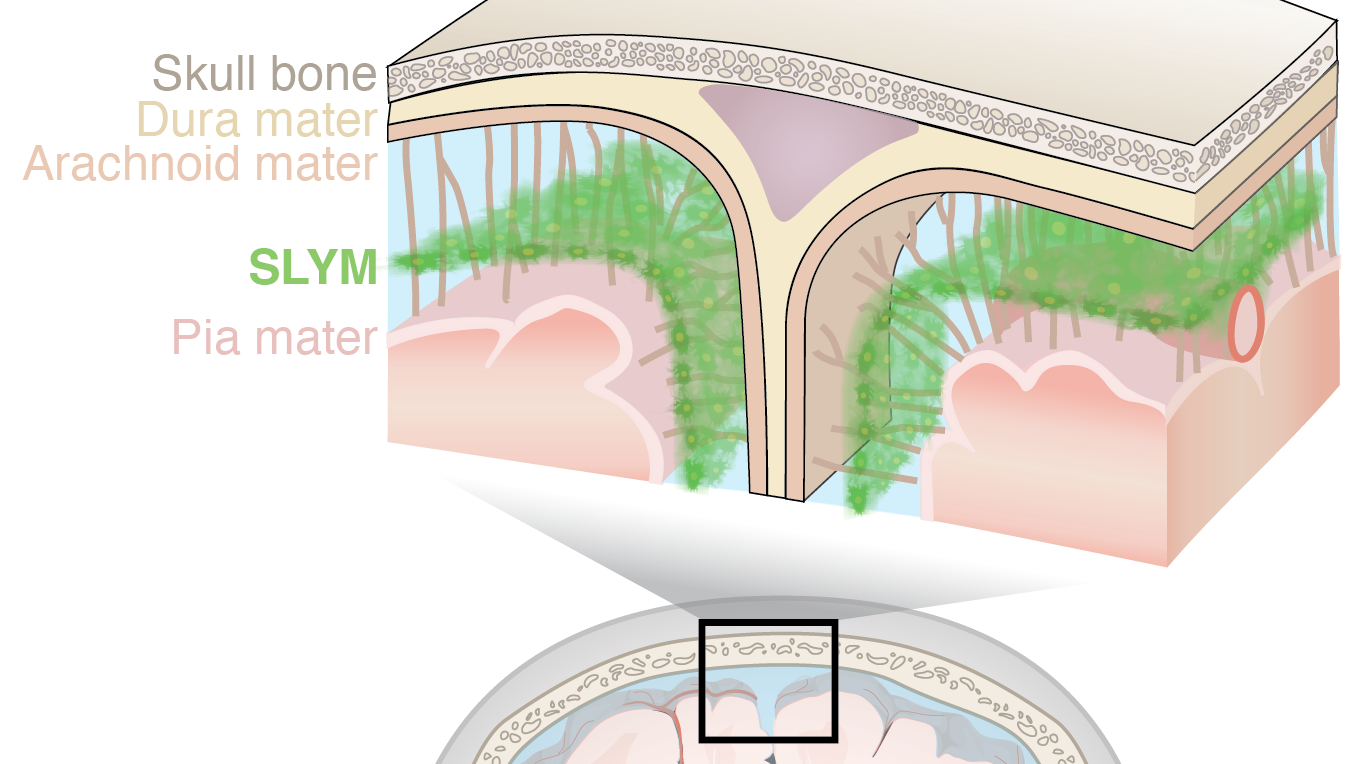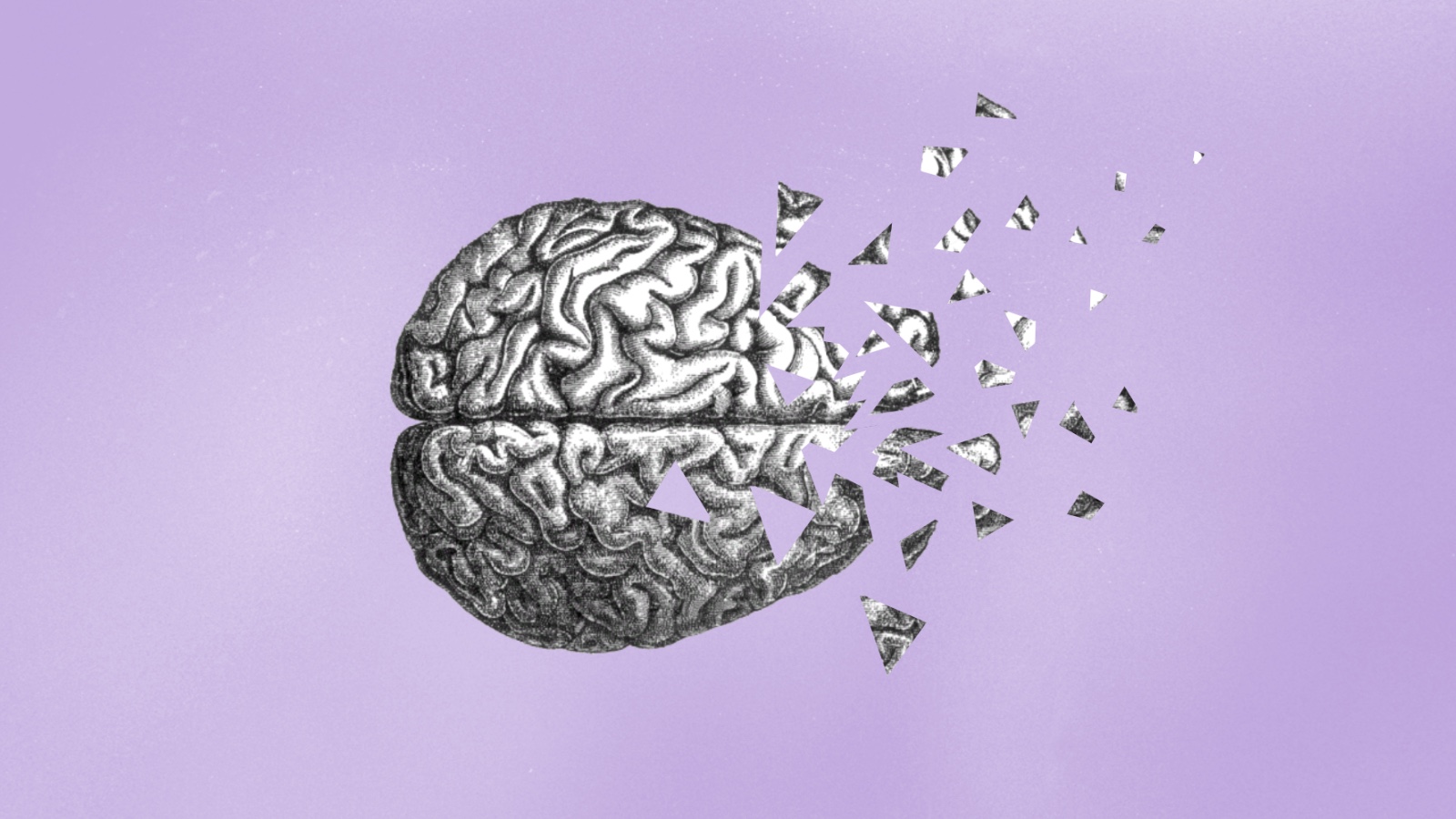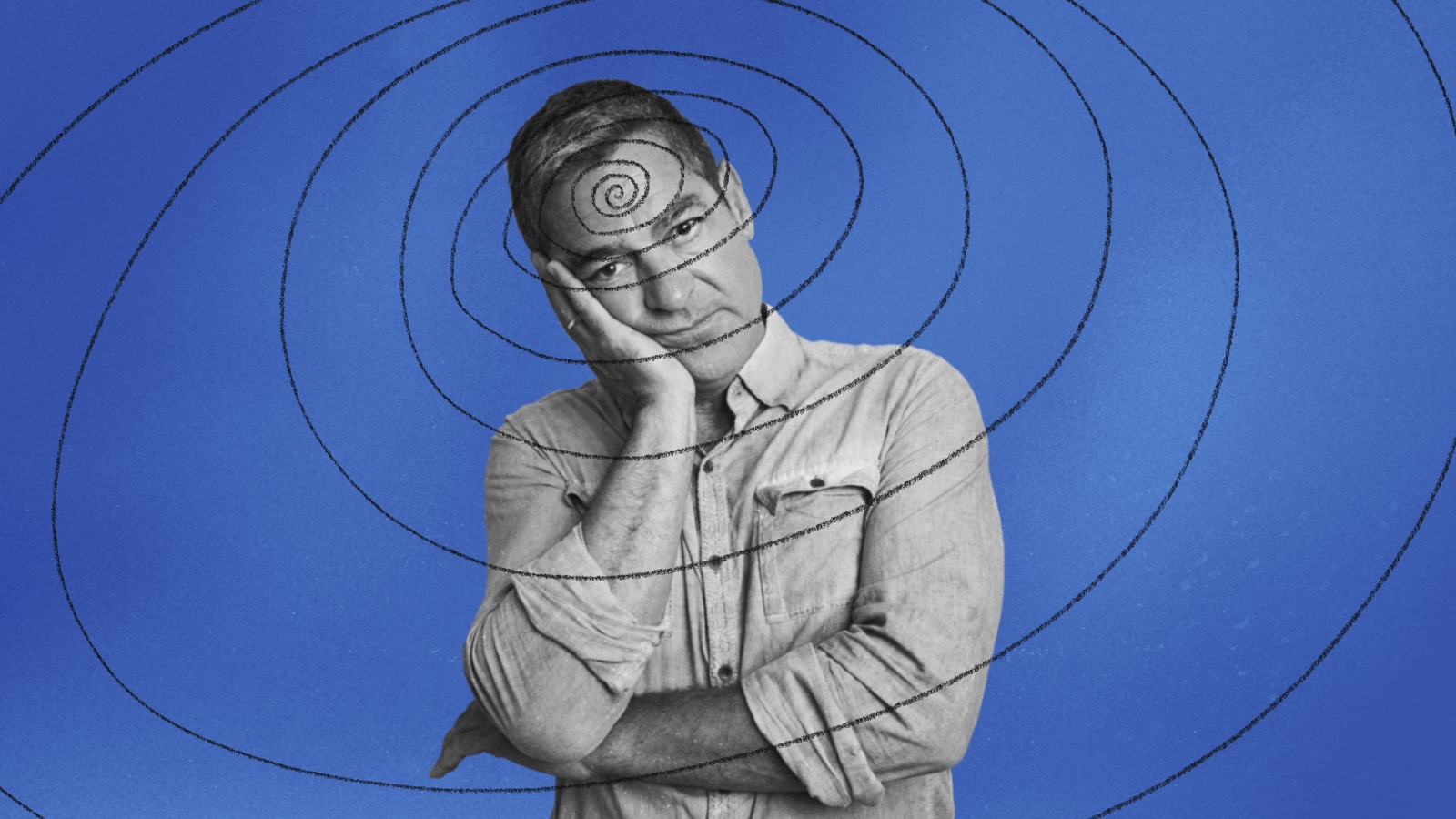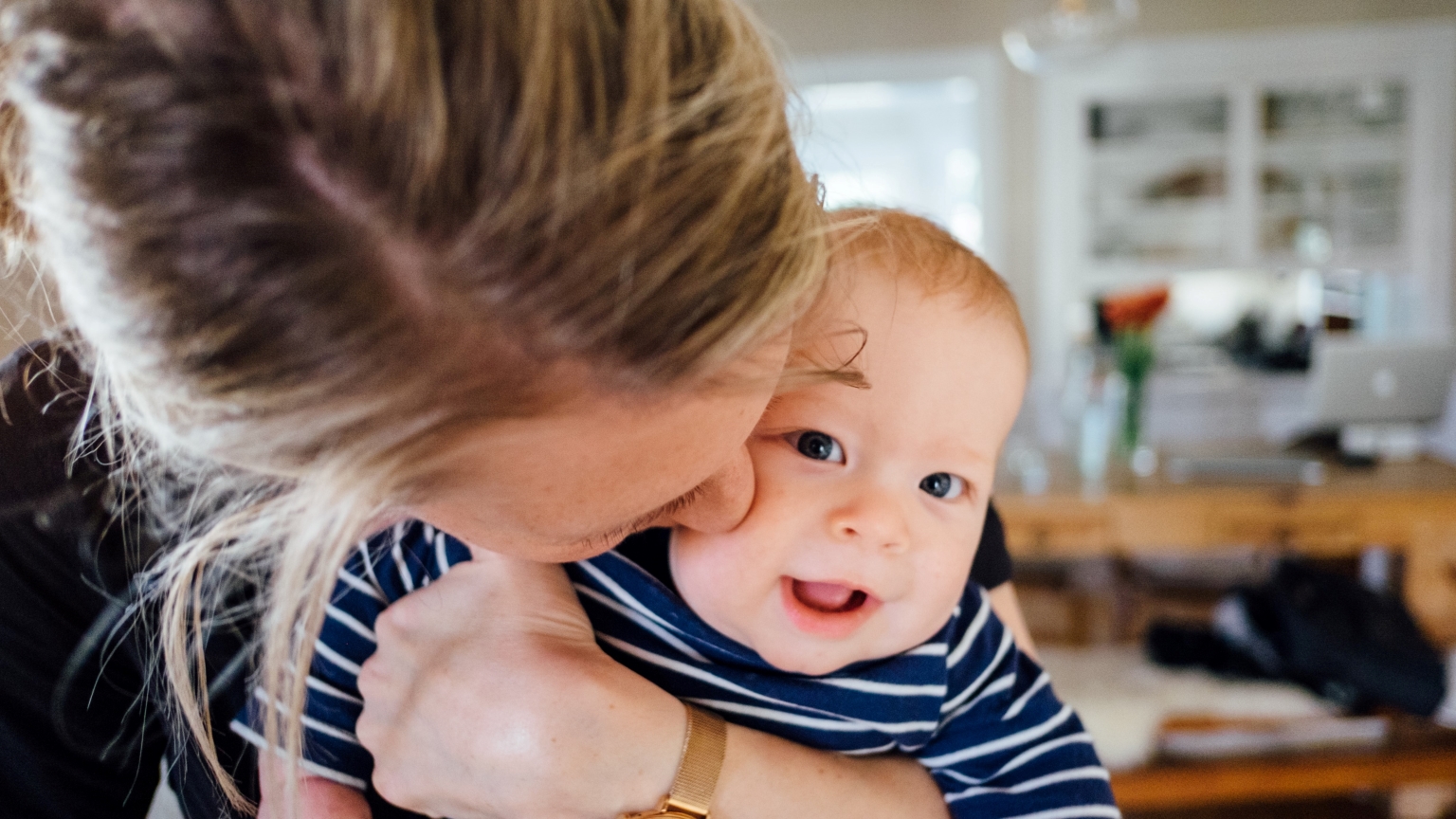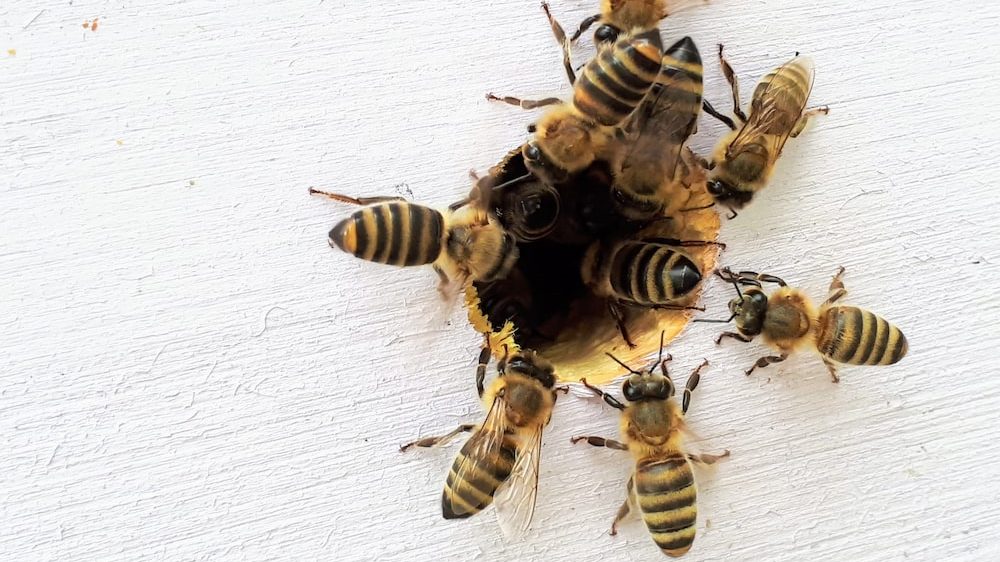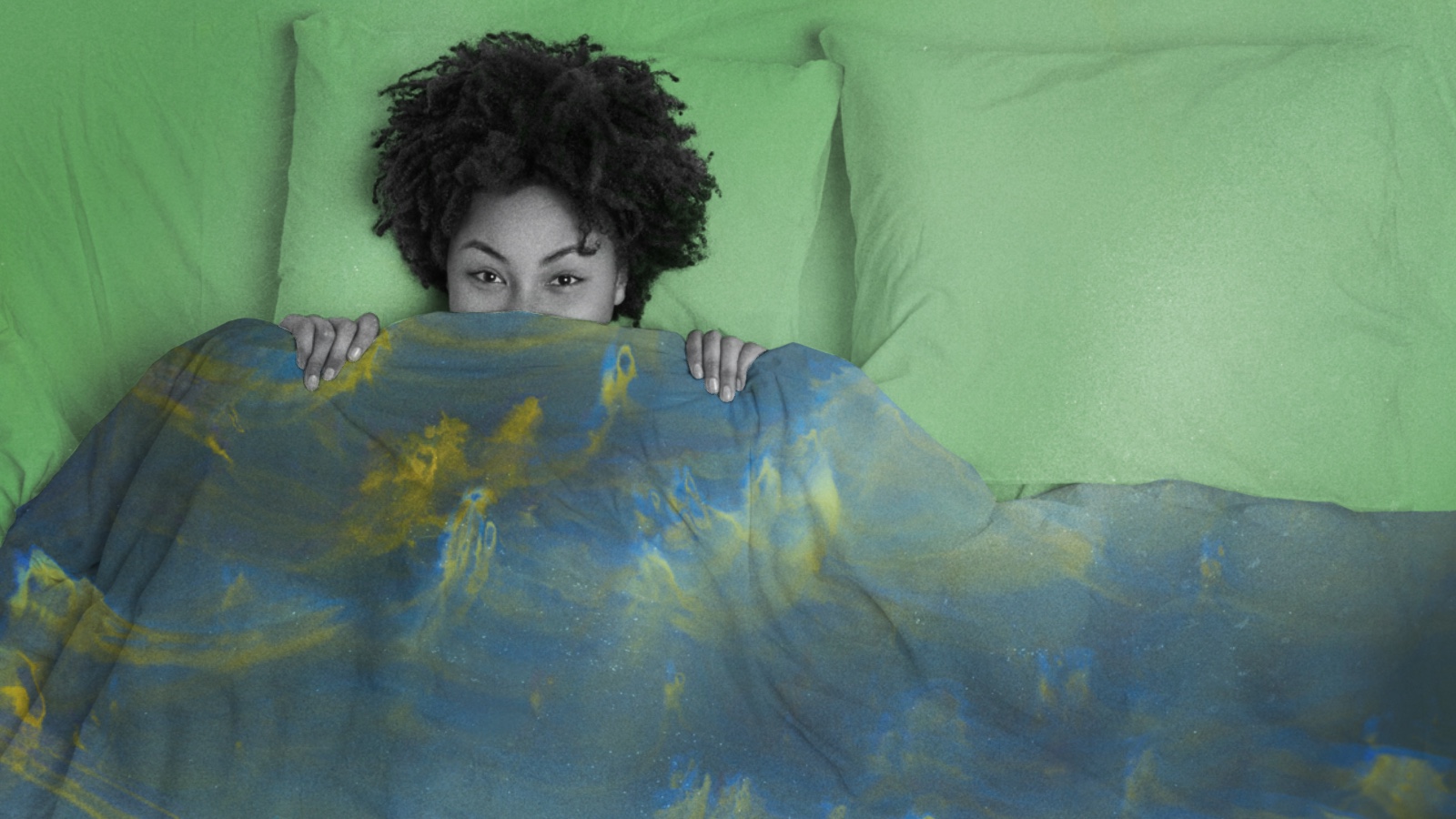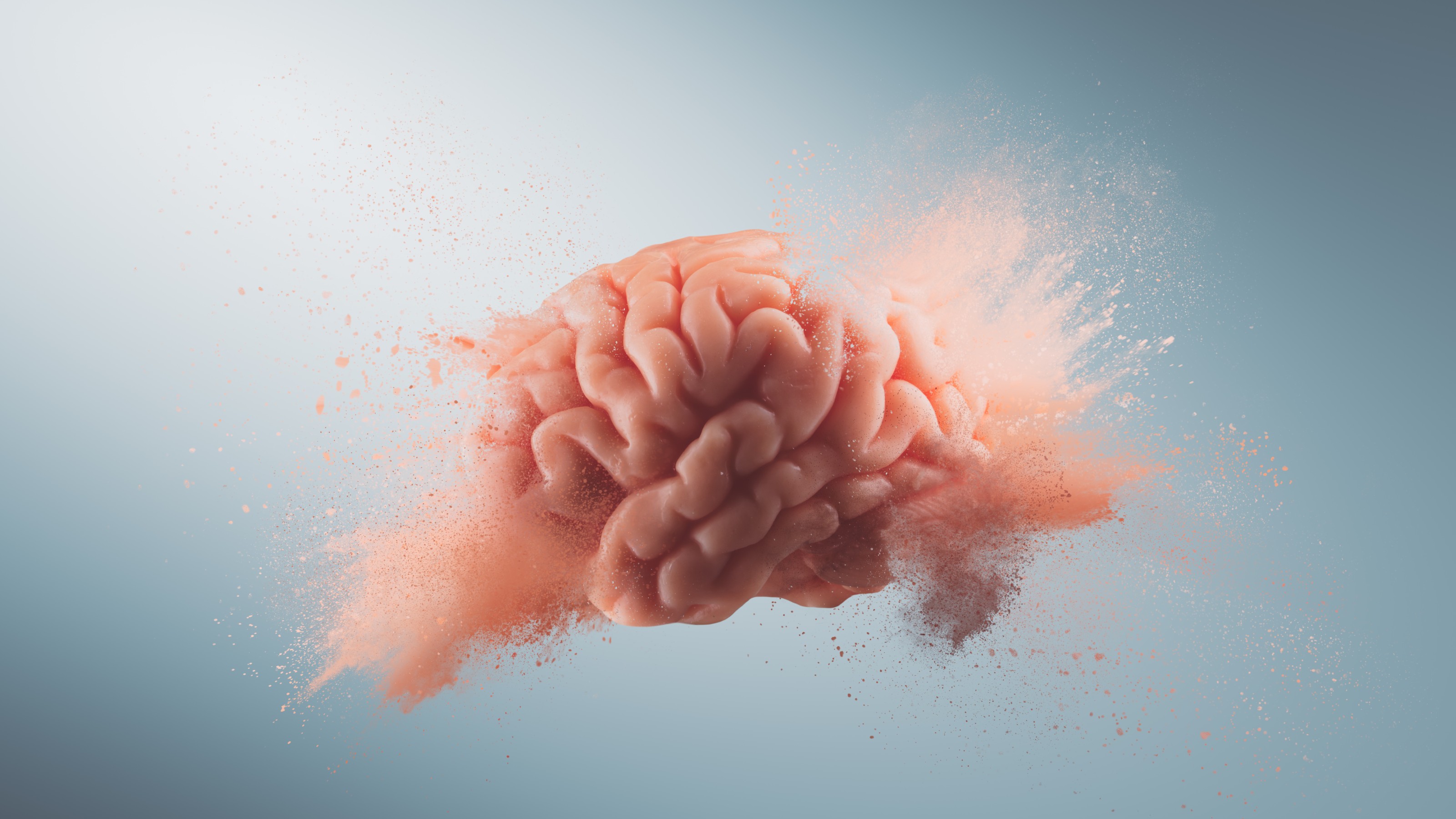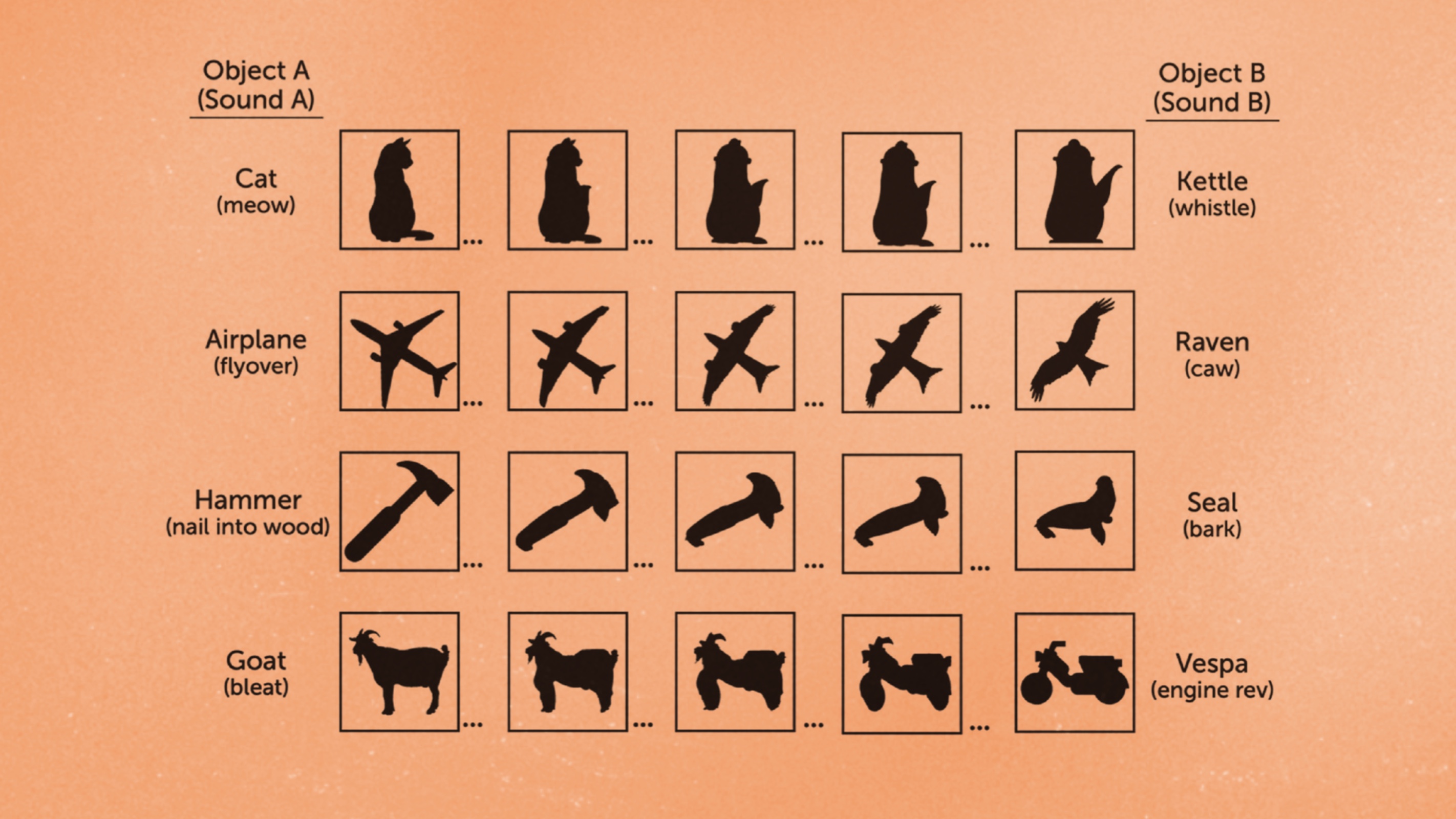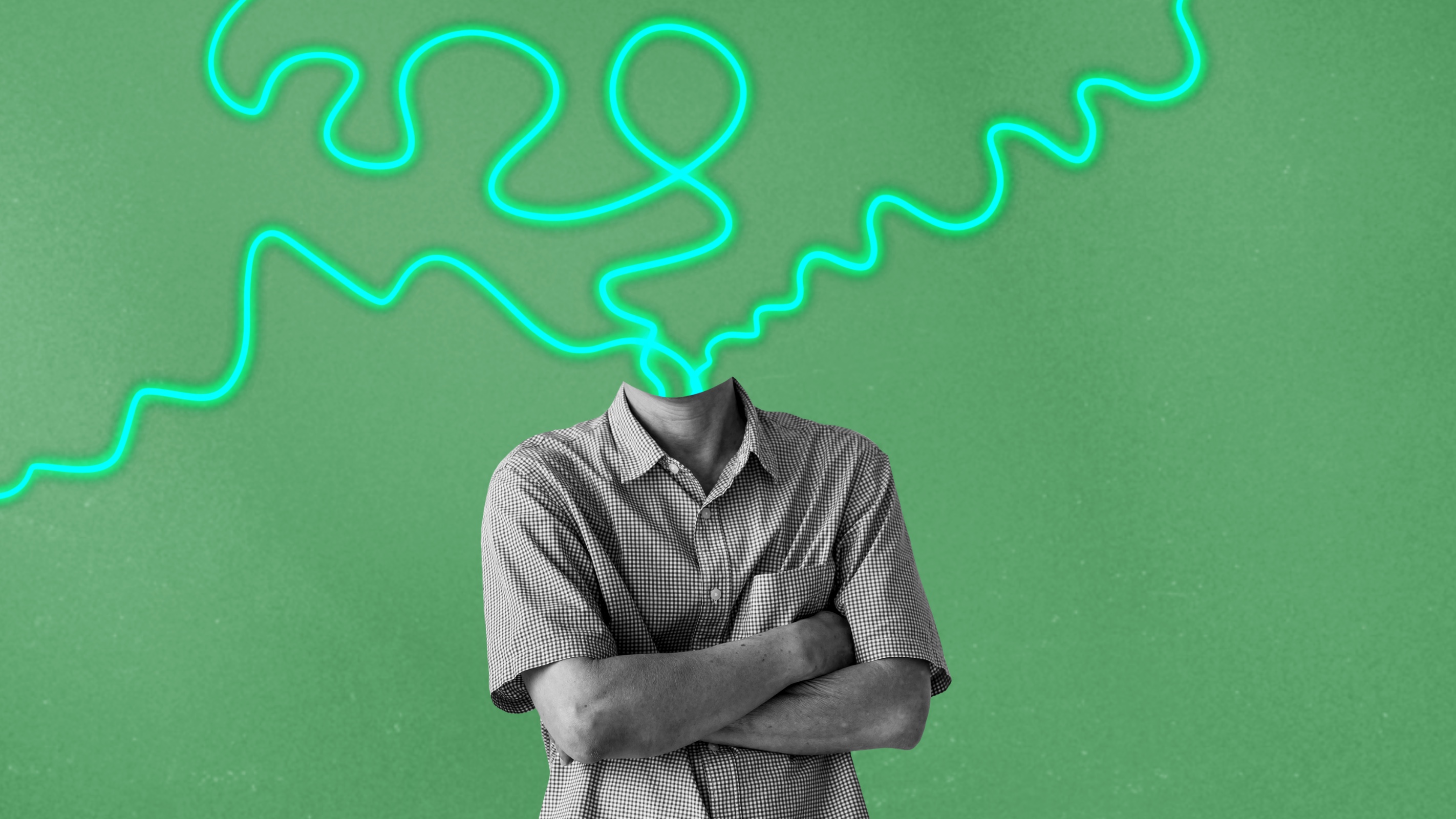neuroscience
Humans are musical animals four million years in the making, explained by music expert Michael Spitzer.
▸
8 min
—
with
Your breathing rhythm influences a wide range of behaviors, cognition, and emotion.
Compared to people who took a placebo, the brains of those who took caffeine pills had a temporarily smaller gray matter volume.
Creative people are better able to engage brain systems that don’t typically work together.
Researchers are looking at neurons required for touch-mediated pain relief.
Pathogenic, self-propagating proteins called prions found in the brains of people with Alzheimer’s are also found in Down syndrome patients.
And it’s much, much less expensive.
Over time, different structures in the brain come to play unique roles in the storage and retrieval of long-term memories.
Solving difficult visual puzzles seems to help the brain “rewire” itself by forming new neural pathways.
The “subarachnoidal lymphatic-like membrane” helps shield and protect the brain.
“Jumping genes” exist in various forms, including as remnants of ancient retroviruses, and make up about 45% of the human genome.
The majority of children who stutter will spontaneously recover from it without intervention, but some 20% of people do not.
Boredom isn’t the enemy; it’s a catalyst for changing your relationship to work.
Sharing food and kissing are among the signals babies use to interpret their social world, according to a new study.
They could also “turn off” their fear.
Experts explain how lie detectors work, what happens in the brain when we tell lies and how accurate polygraph tests are.
Of the world’s 300 honey varieties, none is stranger and more dangerous than mad honey.
When we’re stressed, our hormones and nervous system produce all sorts of odors.
These were the stories you clicked on the most.
Parity tasks (such as odd and even categorisation) are considered abstract and high-level numerical concepts in humans.
Sleep less, sleep less, sleep more.
Belief in God and the afterlife increased, while belief in superstition decreased.
To prevent overloading the memory system, the brain may have a mechanism that tosses out certain types of memories.
2022 was another busy year in the realm of science, with groundbreaking stories spanning space, materials, medicine, and technology.
What you see is what you hear.
The research could aid the development of more effective treatments for conditions such as post-traumatic stress disorder (PTSD).
Sight helps you see a room, but interoception lets you sense it from inside your own body.
Fathers’ brains adjust their structure and function to parenthood.


